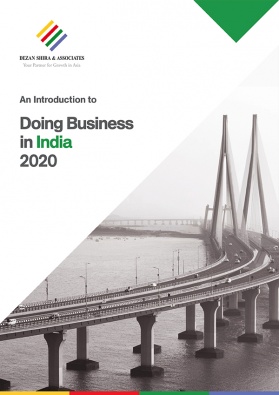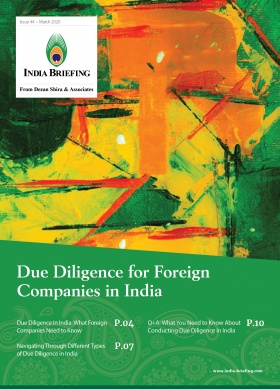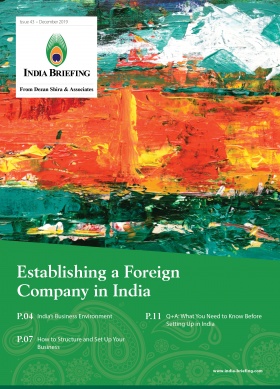India Discusses Preferential Trade Agreement with Southern African Customs Union
Indian and Southern African Customs Union trade officials have held online meetings to discuss a Preferential Trade Agreement (PTA); if implemented, it will reduce tariffs on a variety of products.
The Southern African Customs Union (SACU) is the world’s oldest customs union, and includes South Africa, Namibia, Botswana, Lesotho, and Eswatini (formerly Swaziland). It was established in 1910.
Both India and the SACU lead nation, South Africa, are members of the BRICS grouping of countries. We examined the FTA potential among the BRICS nations in the article BRICS 2019 Summit Declaration – Free Trade Agreement on the Horizon? and also noted that by 2030, BRICS nations will account for 50 percent of all global trade.
According to Srikar Reddy, India’s Joint Secretary at the Department of Commerce, 2019-20 trade between India and Africa as a whole stood at US$66.7 billion, including US$10.9 billion in specific India-SACU trade.
Steve Katjiuanjo, the Executive Director at Namibia’s Ministry of Industrialization, Trade, and SME Development called India a strategic partner, noting that the region is benefiting from access to the vast Indian market. According to trade officials, India stood fully committed and ready to support manufacturing and industry in Namibia in areas as diverse as agriculture, irrigation, renewables, ICT, pharma, and medical supplies.
Bilateral trade between India and Namibia reached US$135.92 million in 2018-19. India’s exports were valued at US$82.37 million, while imports stood at US$53.55 million. The mining sector is an area of mutual interest for the two countries. Namibia is rich in uranium, diamonds, copper, phosphates, and other minerals. Bilateral cooperation in the energy and agricultural sectors also has good prospects.
Statistics showed that trade between India and South Africa also grew to over US$10 billion during the Indian fiscal year of 2018-19. Exports from India to South Africa included vehicles and components, drugs and pharmaceuticals, engineering goods, footwear, dyes and intermediates, as well as chemicals, textiles, rice, gems and jewelry, etc. India imported gold, steam coal, copper ores and concentrates, phosphoric acid, manganese ore, aluminum ingots, and other minerals.
It is relatively easy for African companies to enter the Indian market, with inexpensive options, such as establishing Liaison Offices, which are able to access market entry at low costs and is a suitable strategy for trading businesses. Larger businesses may use a variety of investment options in India, such as setting up Wholly Owned Companies or a joint venture. An explanation of the Indian corporate income tax regime can be seen here; coverage on new corporate tax cuts that were introduced in 2019 can be read here and the definition of medium, small, and micro scale enterprises that was changed in 2020 can be read here.
Related Reading
About Us
India Briefing is produced by Dezan Shira & Associates. The firm assists foreign investors throughout Asia from offices across the world, including in Delhi and Mumbai. Readers may write to india@dezshira.com for business support in India.
- Previous Article India-EU Summit 2020: What Has Changed in Bilateral Ties and Can We Expect an FTA?
- Next Article Conducting Due Diligence in India: A Short Guide for Foreign Investors








